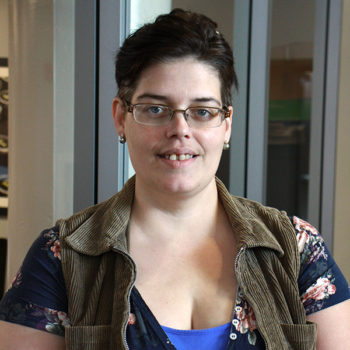
Christy Halverson
When someone graduates high school, a guest at the graduation party will likely ask, “What college do you plan to attend?”
Many would answer with a university or community college, while others never really thought about it. Some graduates had already met their expectations or had other obstacles which prevented them to attend at that time.
However, many find out years later that a college degree goes farther than a high school diploma, which leads them to enroll and study for a desired job. As semesters turn, universities are reaching out by talking to students about transferring. Many first-year generation students are left confused about their future plans.
Questions start to drag them down like quicksand. How do I get things started? What about transferring credits? Applying for financial aid, grants, and scholarships? What about GPA? Soon you’re so confused with hundreds of unknown questions trampling through your mind like a stampede, you begin to stress out. You don’t understand how the process works, or the order it needs to be done. You just know time is dwindling and you’re stressing out. While some students understand effortlessly, first-generation students are lost.
I began to ask individuals about how to get from a community college to a university. Thankfully, many had given advice and a few suggested an advisor. After meeting with Academic Advisor Matt Sprengeler, here is what I collected in one sitting:
Graduation: You should apply for your cap and gown and submit other information such as your chosen graduation degree during your final semester at DMACC.
Transferring: You should start the process a year prior to transferring. You could go to admissions in each college or university of interest and set up a time to visit.
Prepare yourself for each visit: ask questions, and take notes. Some schools have required courses depending on the degree, which you’ll need to take before enrolling. By doing your research, you can complete those required courses while studying at DMACC.
Your GPA is very important when determining what university you plan to attend. Keeping your grades up helps decide which university you can get in to and what scholarships you could get. Grand View offers grants based on GPA. Drake gives you higher financial aid for higher GPAs. Every university has perks.
You could try out courses in different universities while attending DMACC if you are undecided about which school you would like to attend. Scholarships are given to students based on academics, GPA, and other factors. It could also be beneficial to get involved with school activities.
Make a plan to visit with your advisor. They’re available to help with much more than course scheduling. As I was told by Matt, “They are there to help.”
Ask questions about transferring and other uncertainties. If they don’t know the solution they usually can direct you to who can help.
If you need an adviser, go to the front desk in Building 1 and request one.
I am a first-generation student planning on graduating and transferring to a university in about a year. Thank you, Matt!





Comments